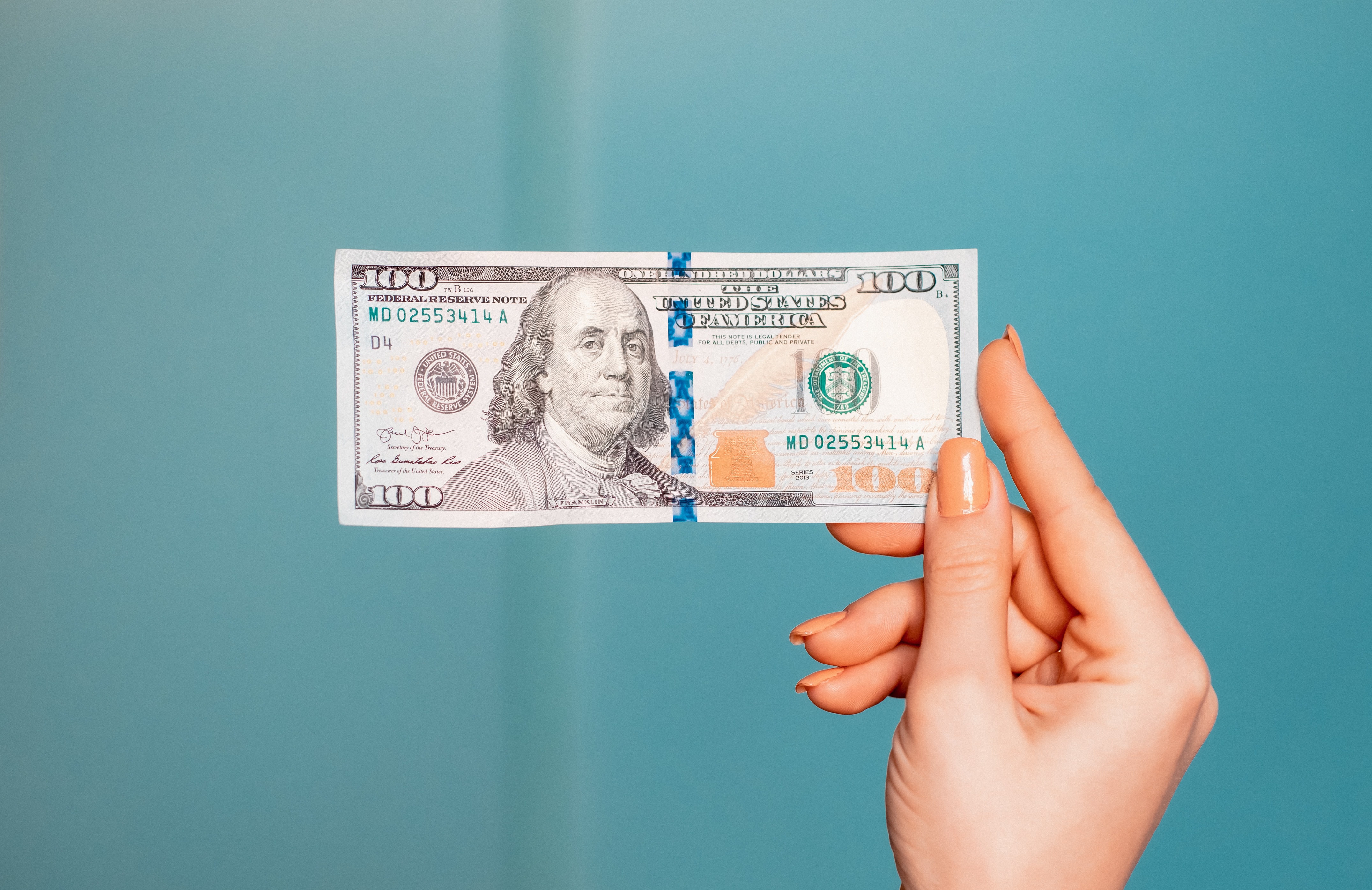What Is Impulsive Spending?

Impulsive spending is a term used to describe spending
decisions that are made without much thought or consideration for the
consequences. It is characterized by a sudden urge to purchase something, often
without understanding the total costs and implications of such a decision.
Impulsive spending can lead to significant financial hardship, and it is a
problem that affects many people in today’s world.
In this article, we will discuss the definition of impulsive
spending, its causes, and the consequences of such behavior. We will also
explore some strategies to help manage and prevent impulsive spending.
Definition of Impulsive Spending
Impulsive spending is “the purchase of goods or services
with little or no thought process involved in the decision-making process.”
This form of spending is usually characterized by an impulse to purchase
something, often without understanding the full costs and implications of such
a decision.
Impulsive spending is often driven by emotions, such as a
desire to fit in, the need to feel good, or the desire for instant
gratification. It can also be triggered by external pressures, such as
advertising or peer pressure.
Impulsive spending differs from necessary spending, which is
considered intentional and requires thoughtful planning and consideration.
Necessary spending is “the purchase of goods or services that are essential for
day-to-day living.”
Causes of Impulsive Spending
There are many potential causes of impulsive spending, varying
from person to person. Some potential causes include the following:
1. Lack of Financial Knowledge: People unfamiliar with
financial concepts, such as budgeting and saving, may be more prone to
impulsive spending.
2. Poor Self-Control: People who lack self-control may be
more likely to give in to the impulse to spend money without thinking about the
consequences.
3. Stress: People who are stressed or overwhelmed may be
more likely to turn to impulsive spending as stress relief.
4. Advertising: Advertising can be a powerful influence,
leading people to make purchases they wouldn’t otherwise make.
5. Social Pressure: Peer pressure can strongly influence
people, leading them to make decisions they wouldn’t otherwise make.
Consequences of Impulsive Spending
Impulsive spending can lead to significant financial
hardship, and it is a problem that affects many people in today’s world. Some
of the potential consequences of impulsive spending include:
1. Overspending: Overspending can lead to debt and financial
strain.
2. Stress: Impulsive spending can lead to feelings of guilt
and regret, which can cause stress and anxiety.
3. Poor Credit: Impulsive spending can lead to missed
payments and poor credit scores.
4. Lack of Savings: Impulsive spending can lead to a lack of
savings, which can put people at risk in an emergency.
5. Relationship Problems: Impulsive spending can cause
tension and conflict.
Strategies to Manage and Prevent Impulsive Spending
Fortunately, there are strategies to help manage and prevent
impulsive spending. Some strategies include:
1. Track Your Spending: Tracking your spending can help you
become more aware of your financial habits and can help you identify areas
where you may be overspending.
2. Set a Budget: Setting a budget can help you manage your
spending and ensure that you are staying within your financial means.
3. Avoid Impulse Buys: Avoiding impulse buys can help you
save money and prevent unnecessary spending.
4. Delay Your Purchases: Taking time to think about a
purchase before making it can help you make more informed decisions.
5. Talk to Someone: Talking to someone about your spending
habits can help you gain perspective and get support.
Conclusion
Impulsive spending is a problem that affects many people in
today’s world. It is characterized by a sudden urge to purchase something,
often without understanding the full costs and implications of such a decision.
Impulsive spending can lead to significant financial hardship, and it is important
to be aware of the causes and consequences of such behavior. Fortunately, there
are strategies to help manage and prevent impulsive spending.
References
1. “Impulsive Spending: Definition, Causes, and
Consequences.” Harvard Business School, Harvard University,
www.hbs.edu/faculty/Publication%20Files/16-014_2a13f8de-8f1d-4a4f-b3d3-8b4d7b9e9a9d.pdf
2. “What Is Impulsive Spending?” Investopedia, Investopedia,
20 Mar. 2020, www.investopedia.com/ask/answers/what-is-impulsive-spending/
3. “Impulsive Spending: How It Impacts Your Finances.”
Experian, Experian, 10 June 2020, www.experian.com/blogs/ask-experian/impulsive-spending/
4. “Impulsive Spending: What You Need to Know.” The Balance,
The Balance, 15 July 2020, www.thebalance.com/impulsive-spending-what-you-need-to-know-4158786
5. “Impulsive Spending.” Financial Consumer Agency of
Canada, Financial Consumer Agency of Canada, fcac-acfc.gc.ca/eng/consumers/credit/impulsive-spending/index.html
Tags
